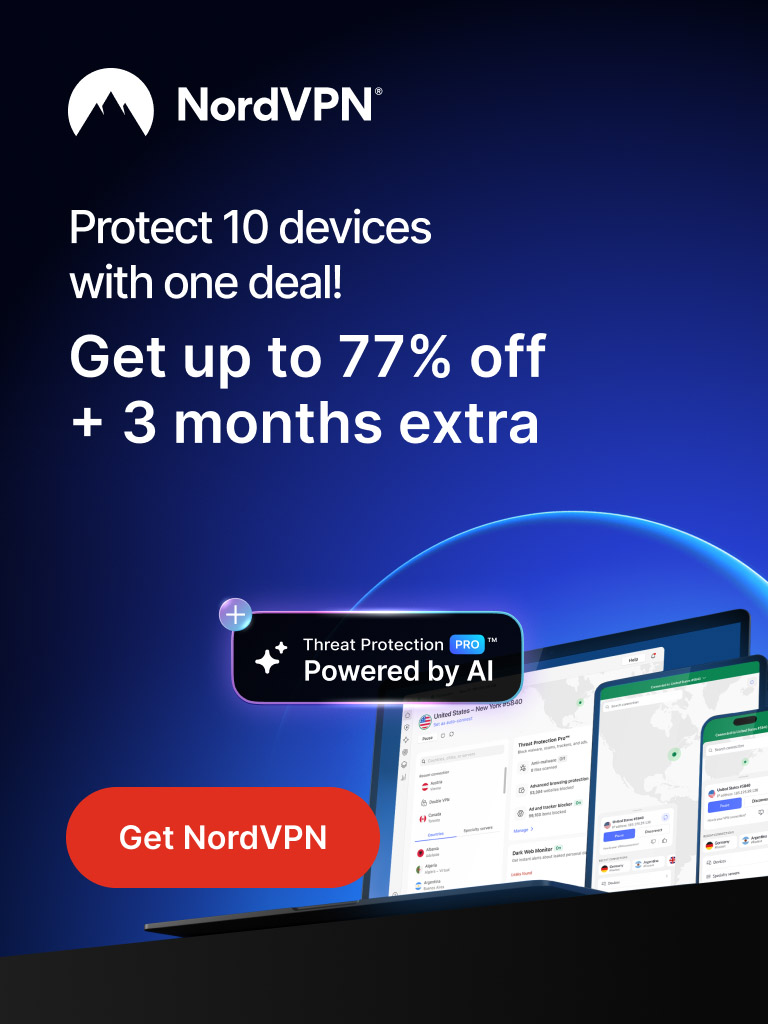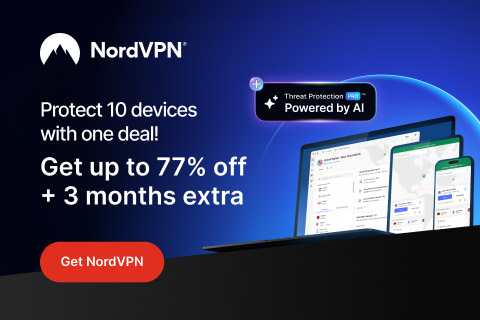Stay Private. Stay Secure. Stay Free.
Trusted by millions worldwide – protect your online life with #1 VPN
- ⚡ Blazing-fast speed on every server
- 🔒 Military-grade encryption & protection
- 🌍 Access content globally without limits
- 📱 Up to 10 devices with one account
**Title: The Beginner’s Guide to VPN: Unlocking the Power of Online Privacy**
**Introduction:**
In today’s digital age, having a VPN (Virtual Private Network) is essential in protecting your online privacy and security. Whether you’re browsing the internet, sharing sensitive information, or accessing geo-blocked content, a VPN ensures that your data remains encrypted and your browsing activities anonymous.
**Benefits or advantages:**
1. **Secure Online Activities:** The primary benefit of using a VPN is the encryption of your internet traffic, protecting it from prying eyes like hackers, ISPs, or government agencies.
2. **Bypass Geo-Restrictions:** With a VPN, you can access websites, streaming services, or online content that may be restricted in your region.
3. **Public Wi-Fi Safety:** When connected to public Wi-Fi networks, a VPN shields your data from potential cyber threats.
4. **Anonymous Browsing:** By masking your IP address, a VPN allows you to browse the web anonymously, ensuring your privacy and anonymity.
**Possible drawbacks:**
While VPNs offer significant advantages, there are some potential drawbacks to consider:
1. **Reduced Internet Speed:** Due to the encryption process, using a VPN may result in slower internet speeds.
2. **Cost:** Premium VPN services usually come with a subscription fee, although there are free options available with limitations.
3. **Trustworthiness:** It’s crucial to choose a reputable VPN provider to avoid potential privacy risks.
**Use cases or real-world examples:**
1. **Remote Work:** VPNs are widely used by remote workers to securely access company resources and data from anywhere in the world.
2. **Streaming:** VPNs can unlock geo-blocked content on platforms like Netflix, Hulu, or BBC iPlayer, allowing users to access a wider range of entertainment.
3. **Online Gaming:** Gamers often use VPNs to reduce latency, prevent DDoS attacks, and access region-locked game servers.
**Frequently Asked Questions (FAQs):**
1. **What is a VPN and how does it work?**
A VPN creates a secure, encrypted connection to a remote server, hiding your IP address and encrypting your internet traffic.
2. **Can I use a VPN on my mobile device?**
Yes, most VPN providers offer apps for smartphones and tablets, allowing you to protect your online activities on the go.
3. **Are free VPN services safe to use?**
While free VPNs are available, they may come with limitations like data caps, slower speeds, or potential privacy risks. Opting for a trusted paid VPN service is usually the safer choice.
**Conclusion:**
In conclusion, a VPN is a powerful tool that enhances your online privacy, security, and freedom. Whether you’re a remote worker, avid streamer, or concerned about your digital footprint, investing in a reliable VPN service is a smart decision.
**Claim Your NordVPN Deal**
Claim Your NordVPN Deal

